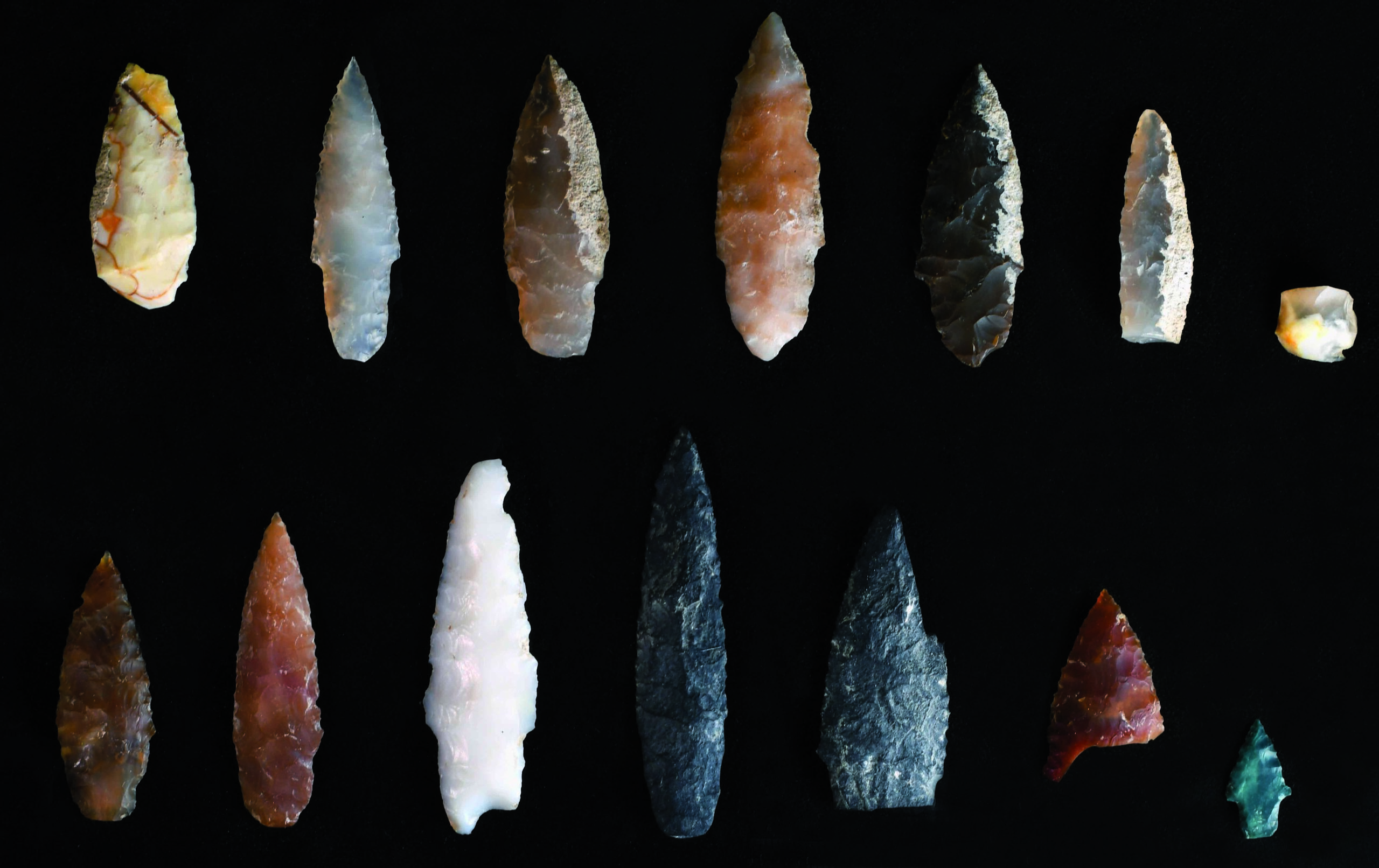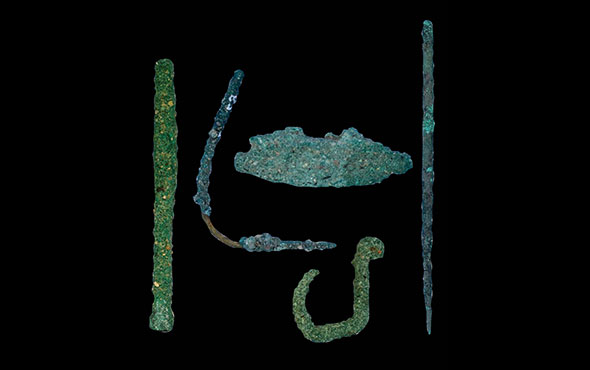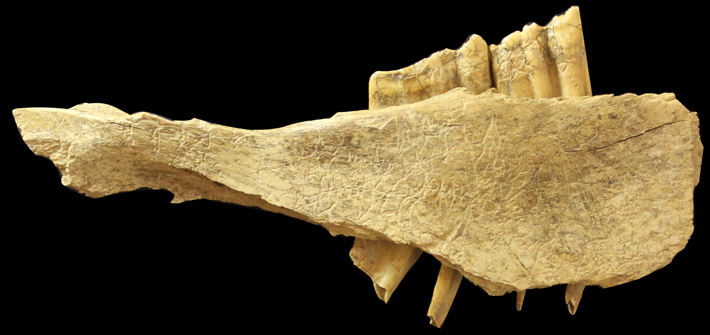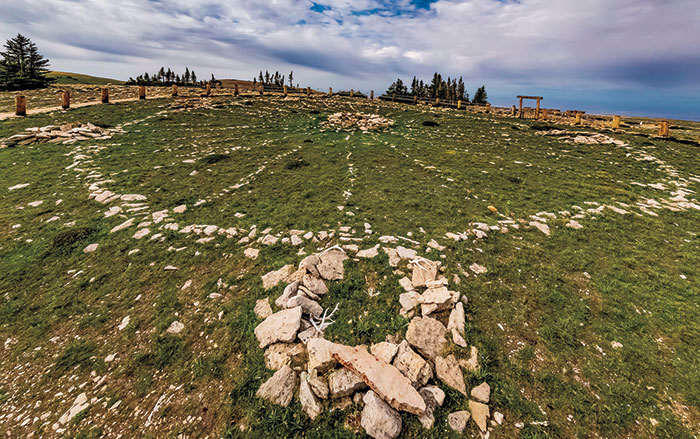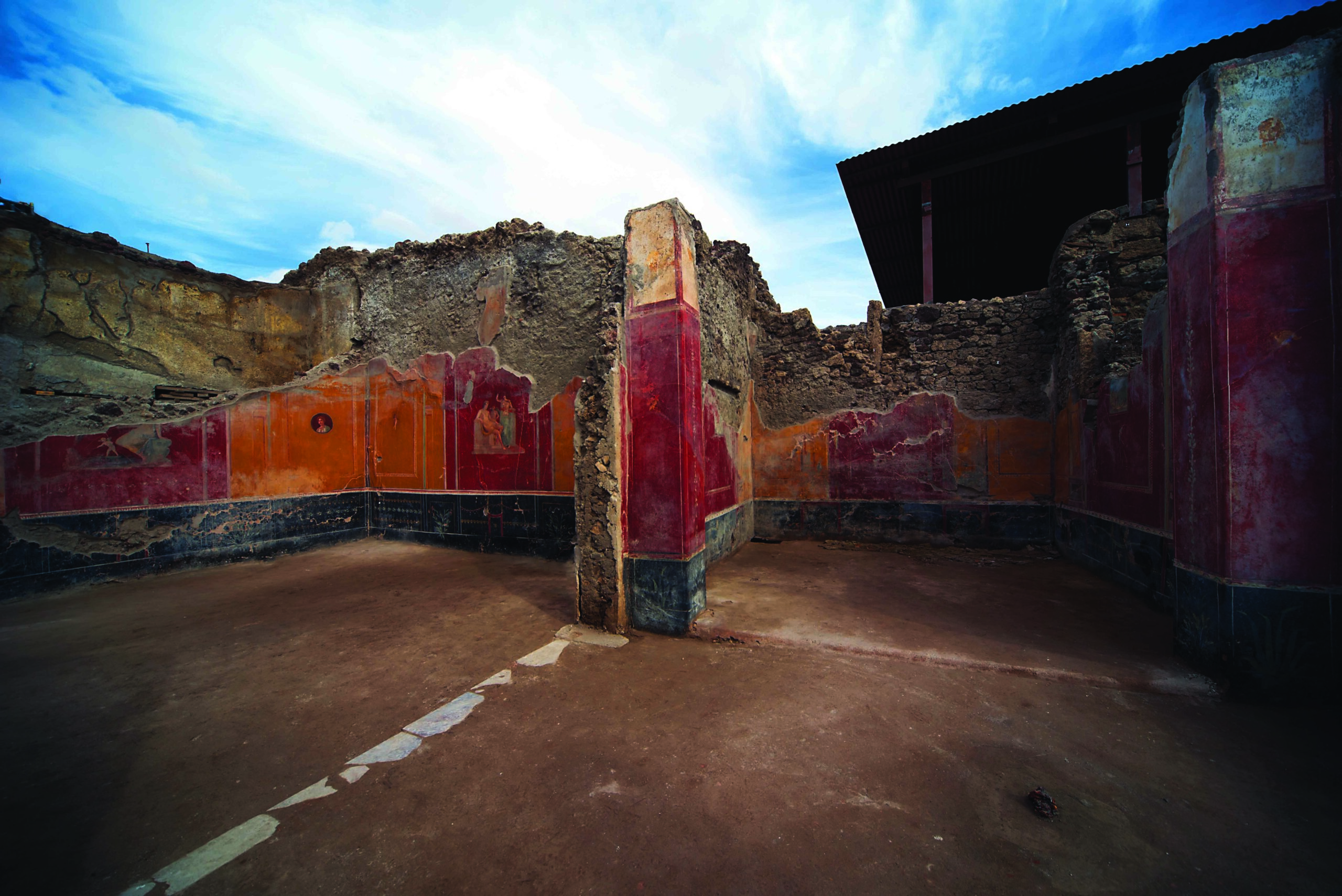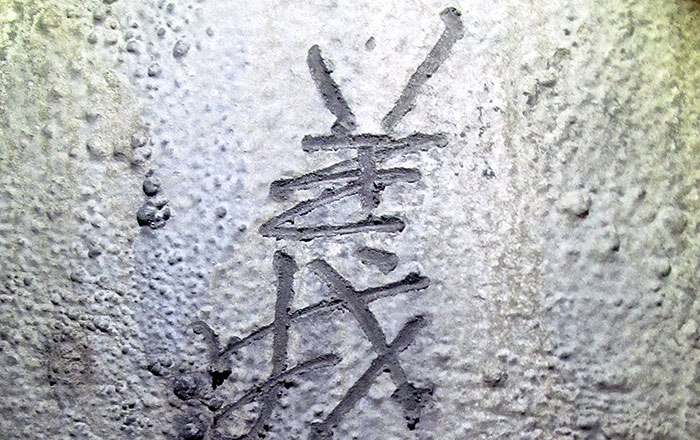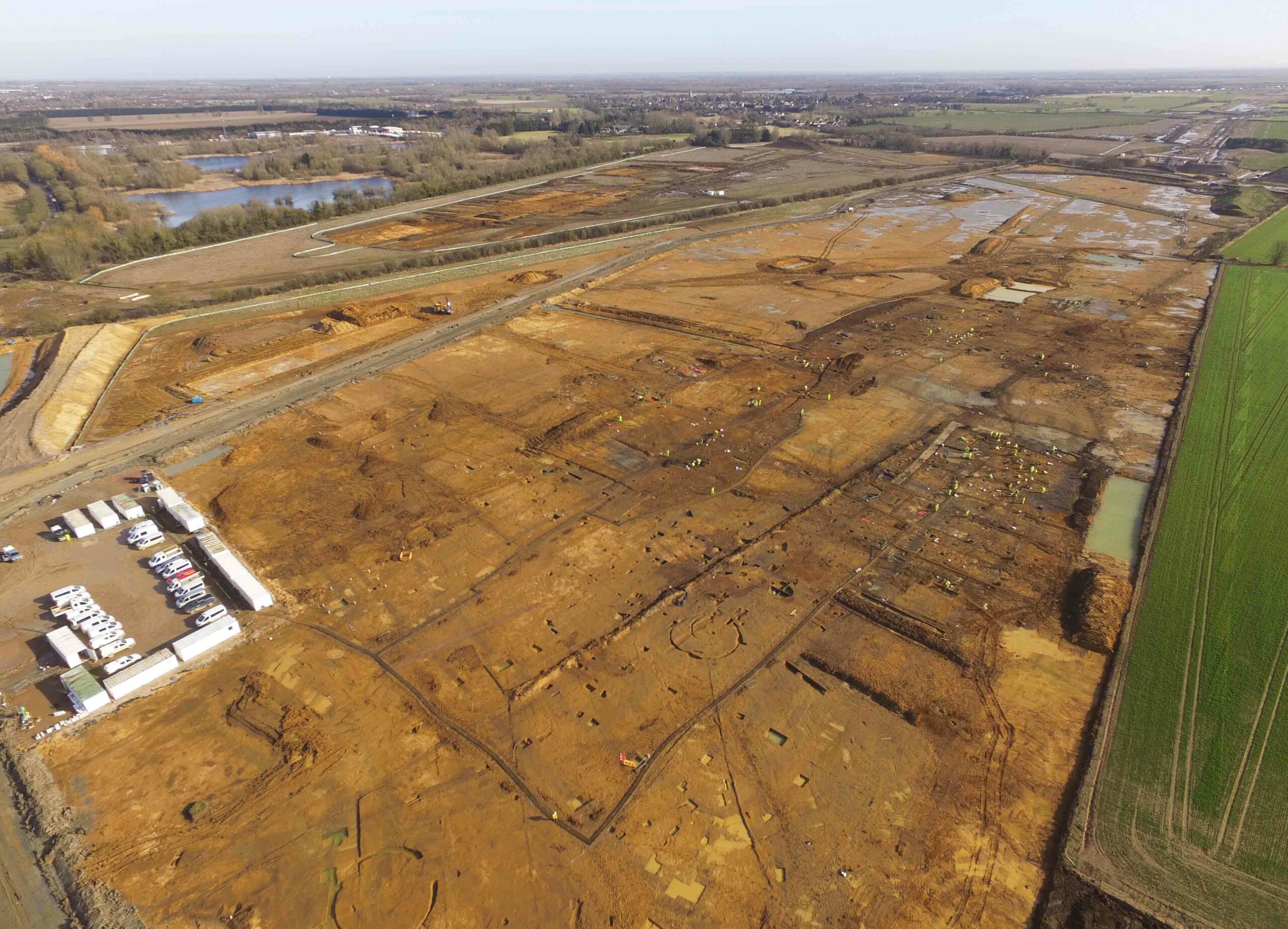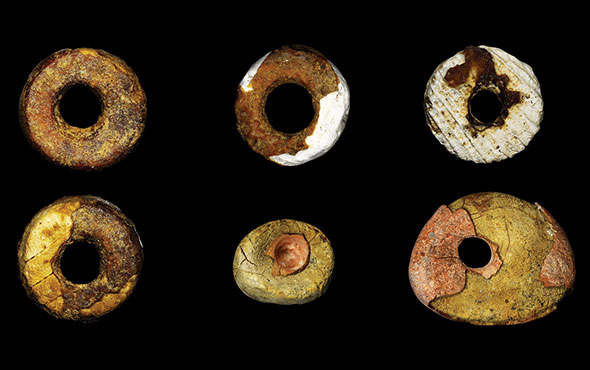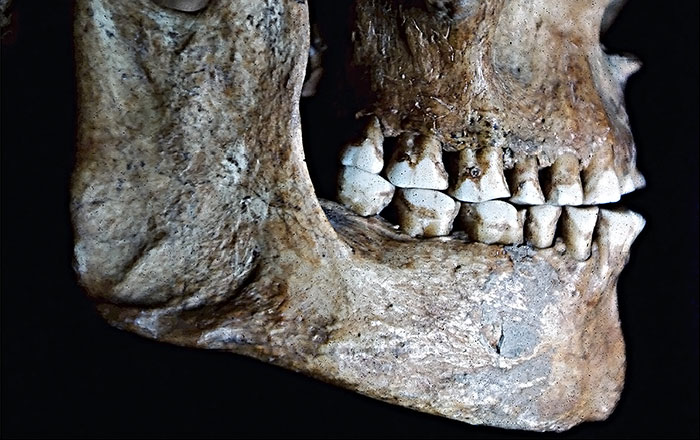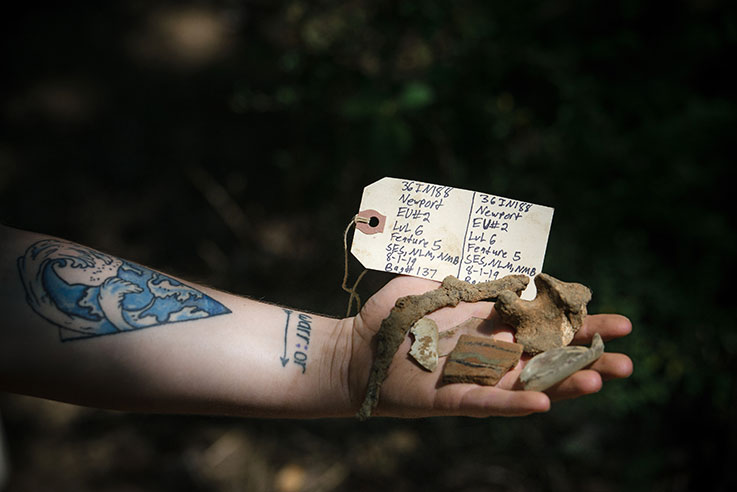
BLAIRSVILLE, PENNSYLVANIA—The Pocono Record reports that students from Indiana University of Pennsylvania looking for the remains of Newport, an eighteenth-century European settlement on the banks of western Pennsylvania's Conemaugh River, have also uncovered stone debris left behind by indigenous people hundreds or thousands of years before contact. IUP professors of anthropology Benjamin Ford and William Chadwick have been overseeing the students as they excavate and map the village, which was founded in 1790 and abandoned in 1820. Ford says the team did not expect to find the stone flakes, but that they may date back over 8,000 years. The flakes are the byproduct of making tools and honing projectile points. Should the team discover such an artifact, it may help them to narrow down a more specific time period for the site's prehistoric occupation. The first people to move into the region are believed to have arrived around 19,000 years ago, according to evidence unearthed at the Meadowcroft Rockshelter some 70 miles west. To read more about the prehistoric archaeology of North America, go to "Set in Stone."


